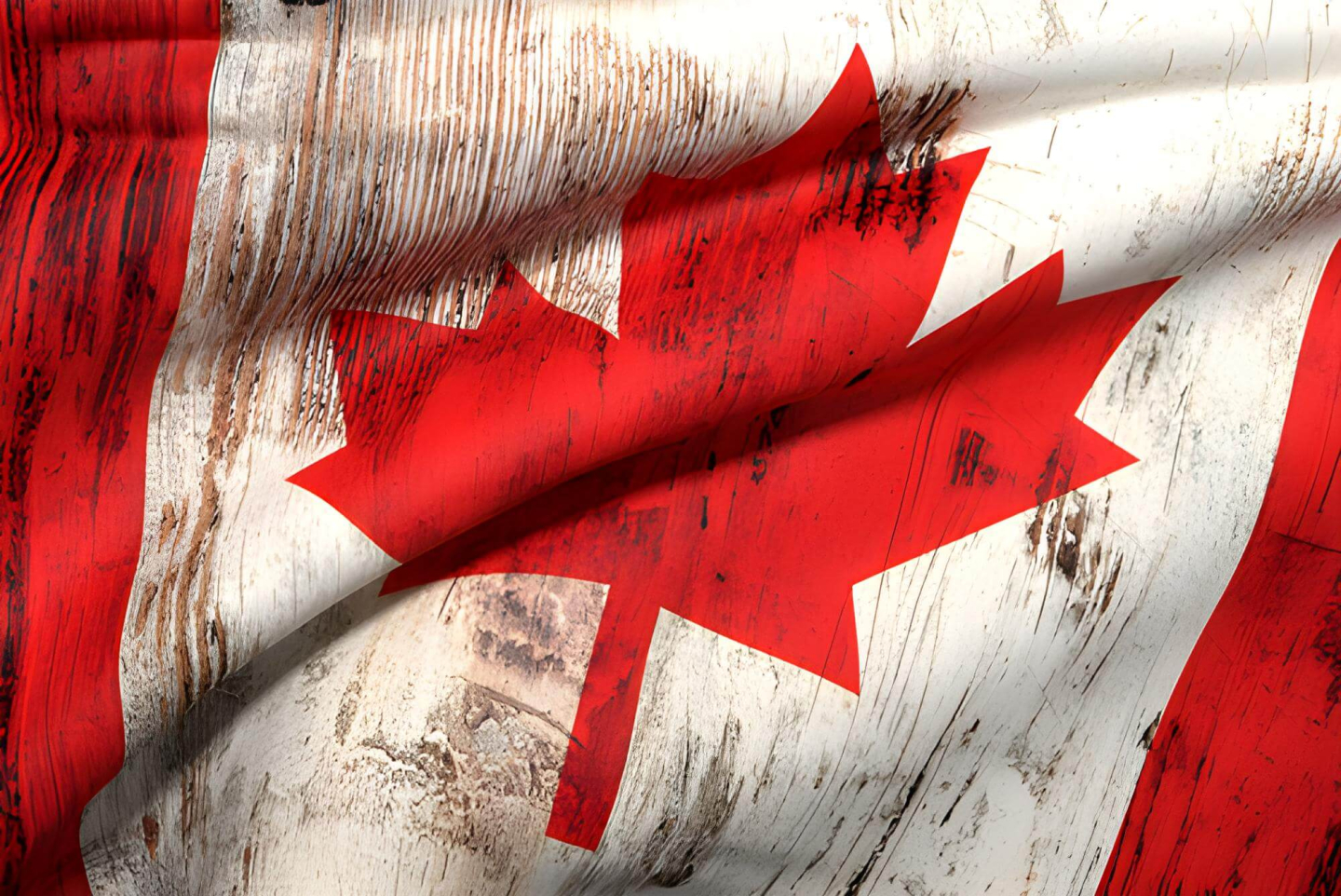The Bank of Canada raised its benchmark interest rate by 25bps to 4.50 % as widely expected. The decision pushed borrowing costs to their highest since 2007.
Policymakers said that inflation is coming down in many countries, largely reflecting lower energy prices as well as improvements in global supply chains and is projected to come down significantly this year
Governing Council expects to hold the policy rate at its current level while it assesses the impact of the cumulative interest rate increases. Policymakers added they are also continuing their policy of quantitative tightening to complement the restrictive stance of the policy rate. BoC comments signaled the end of the aggresive tightening cycle and which was received as dovish by markets and lead to significant weakness of Loonie.
Central bankers also noticed that households continued to feel the pressure of higher inflation as food and shelter prices accelerated further, even though lower gasoline costs drove inflation to slow to 6.3% in December from the peak of 8.1% in June. Still, short-term inflation expectations remain elevated, but are projected to come down significantly later in the year. In the meantime, the bank estimates that the Canadian economy grew by 3.6% in 2022 but is likely to stall through the middle of the current year before growth picks up again in the second half.
 CAD depreciates against other major currencies. Source: xStation5
CAD depreciates against other major currencies. Source: xStation5
Investors will focus now on BoC Governor comments during the press conference regarding the economic outlook, inflation and fiscal policy.

USDCAD broke above resistance level at 1.3410 after today’s BoC decision. Source: xStation5
BREAKING: EURUSD surges 0.7% amid improving ZEW sentiments📈
Economic calendar: Germany ZEW, US ADP and US Supreme Court ruling on tariffs
Mixed labor data from UK📌Germany PPI falls stronger than expected
Morning wrap (20.01.2026)


